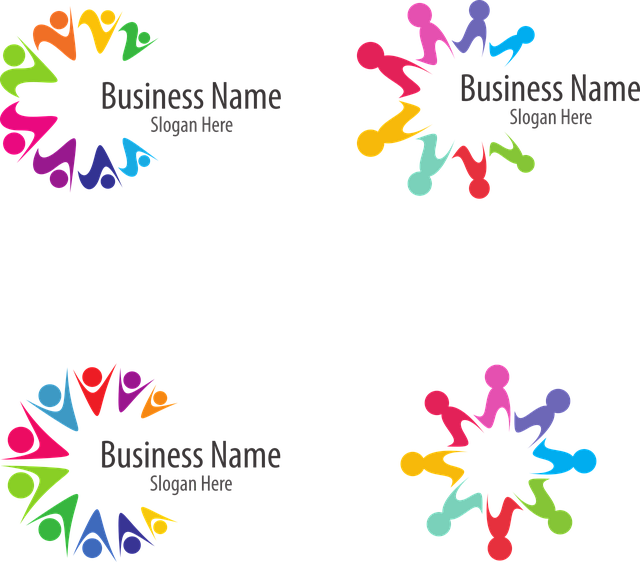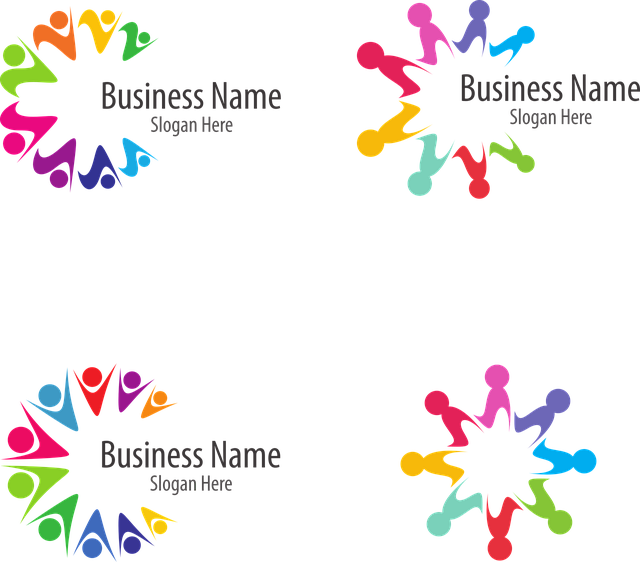

Do you know anything about FSC certification as you focus on global fashion?
FSC is a global textile apparel supply chain social responsibility certification system initiated by the World Fund for Nature (WWF). It builds a sustainable textile ecosystem through the responsibility management of the whole life cycle of the product.
This year is the fifth anniversary of China's entry into the FSC certification system, and also the fifth anniversary of China's textile apparel brands entering the FSC system. At the "2019 International Green Supply Chain Conference" held in April this year, the relevant responsible persons of the FSC system shared the unique charm of this certification system on the forum.

1、 Discrepancies from Non-FSC Certification
As introduced by the relevant responsible person of the FSC, the non-FSC certification refers to the certification with legal effect through the audit of the third-party certification authority. A non-FSC certified enterprise may or may not use the obtained non-FSC mark, but the certificate itself has no legal effect. FSC certification is the social responsibility management of the whole supply chain of products from raw material procurement, production and manufacturing, warehousing and logistics, sales and consumption. It has strict requirements and standards for enterprises in the whole supply chain, and can provide long-term and stable quality assurance for customers.
At the same time, non-FSC-certified enterprises can improve the social responsibility of their products by participating in sustainable development practices. However, meeting the FSC certification standards requires a lot of money and time, and is subject to regular audit by the audit institution. FSC certification requires less money and time.

2、 FSC certification is not just certification, but responsibility management
When talking about the unique appeal of FSC certification, the principal stated that FSC certification is not just certification, but a management of responsibility, that is, "ensure that all stakeholders in the supply chain operate in a fair and transparent environment through a range of sustainable development requirements and standards.".
In fact, the FSC launched the "Certification of Social Responsibility for Sustainable Supply Chain" project on a global scale as early as 2009. At present, more than 150 textile apparel brands in China have joined the FSC system.
Taking Chinese enterprises as an example, more than 60 enterprises in China have passed the FSC system certification, including famous domestic brands such as Taipingniao, Anta, Hongdou, Bosden, Senma, Aokang and Metesb. Meanwhile, many foreign enterprises have also achieved sustainable development through FSC certification.
In 2018, more than 100 international apparel brands were selected in a survey of the world's most influential brands by the American Fashion Institute (AATI). More than one third of these enterprises have passed FSC certification.

3、 Building a Sustainable Ecosystem
FSC certification aims to establish a sustainable textile ecosystem and promote sustainable development of the whole industry through responsibility management of the whole product life cycle. This ecosystem includes the whole process from design to manufacturing, sales and use to recycling.
At present, FSC certification has become one of the world's largest certification systems for social responsibility of textile and apparel supply chain. It is learned that more than 3000 textile enterprises in the world are applying for FSC certification, and more than 1000 Chinese enterprises have passed the certification. China is also the world's largest producer and exporter of textile apparel and the world's largest producer of apparel.
At present, the FSC certification system covers more than 100 countries and regions around the world, and has become an international certification system with important influence and credibility. In the future, Chinese textile and apparel enterprises will continue to make efforts to promote more outstanding brands to the global market.

4、 Promote the change of enterprise internal culture through the implementation of enterprise social responsibility standard
FSC is a "top-down" international standard, which not only requires the joint efforts of governments, non-governmental organizations, enterprises and consumers, but also requires an alliance involving the textile and apparel industry to promote the implementation. At the corporate level, each brand should conduct an FSC audit of its suppliers and manufacturers, including factory environmental and social responsibility.
The implementation of enterprise social responsibility standard can effectively promote the change of enterprise internal culture and form a new enterprise culture. For example, establish the enterprise image of good relationship with consumers through the advocacy of sustainable development concepts such as waste reduction and environmental protection; Enhance employees' awareness and awareness of social responsibility through training and publicity education, and form the value of jointly undertaking social responsibility; Promote enterprises to realize green production by formulating sustainable development strategy, green supply chain system, supply chain information disclosure, environmental management system and other measures.

5、 From a consumer perspective, FSC certification can increase consumer loyalty to the brand
In the eyes of consumers, sustainable development is not only an environmental issue, but also a lifestyle.
It is very difficult for a product not considering social responsibility to be favored by consumers.
In the process of FSC certification, enterprises need to review their products. If they can prove that their products comply with international standards, consumers will naturally increase their loyalty to the brand. In addition, sustainable development will bring more business opportunities and market opportunities to enterprises. In the current market environment with fierce brand competition, enterprises must have good products to survive. The concept of sustainable development can improve the added value of the product and thus increase the profit of the enterprise.
FSC certification standards include environmental standards, social responsibility standards and corporate governance standards. Environmental standards refer to specific provisions on environmental and ecological impacts; The social responsibility standard refers to the basic principles that enterprises should follow in dealing with and solving the relationship with employees, consumers and communities; Corporate governance standards refer to the principles and relevant procedures that enterprises should follow in the decision-making process. FSC certification requires enterprises to have these three aspects at the same time.

6、 Facilitating cooperation with stakeholders
Globally, the FSC system also actively cooperates with stakeholders to continuously promote the effectiveness of its certification. In the UK, for example, it worked with a number of companies to provide sustainable development reports for their products and in 2016 became the global certification body for the FSC system.
The FSC system also works with consumers, retailers and industry to promote sustainable development. The green consumption behavior of consumers directly affects the value of products; Retailers pay more attention to the social responsibility of products when purchasing; Industry associations promote the development of industry standards to improve the social responsibility awareness of textile and apparel enterprises.
In China, textile and apparel enterprises pay more attention to their supply chain and customers than suppliers. The FSC system is committed to providing all stakeholders with a transparent, fair and reliable platform to promote communication and cooperation between participants, "said Su Zhiyong, On the fifth anniversary of China's entry into the FSC certification system, we hope to work with Chinese textile apparel enterprises to promote Chinese textile apparel brands to participate in the FSC certification and make contributions to the sustainable development of China's textile apparel industry. "

7、 Create "soft power" for sustainable development of enterprise
Enterprises join the FSC system not only to obtain a certification, but also to create a sustainable "soft power". Taking UNIas an example, it integrates its environmental protection concept into product design, and the concept of "harmony with the environment" into product R&D, and practices corporate social responsibility with practical actions.
Unicontinues to improve the environmental management system of the supply chain after participating in the FSC system. The company has established a sustainable development committee to continuously promote sustainable development of the enterprise through communication with suppliers, customers and all walks of life.
Today, China has become the world's third largest producer of textile apparel, after the United States and Japan. With consumers' increasingly demanding on textile quality and environmental protection, China's textile and apparel industry has a long way to go. The implementation of social responsibility management systems such as FSC certification can help Chinese textile and apparel enterprises achieve the goal of "becoming bigger and stronger".


Screenshot, WECHAT qr code recognition
WeChat:15162030867
(Click wechat to copy and add friends)